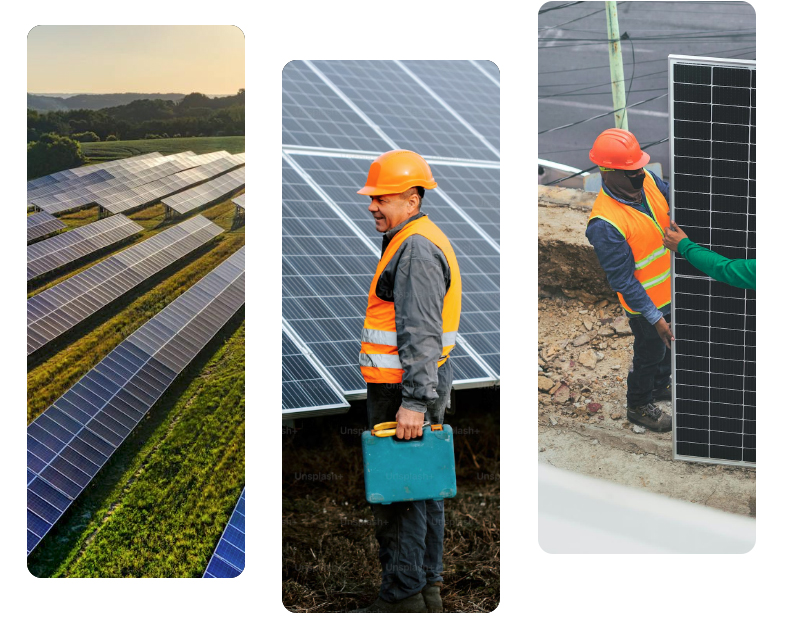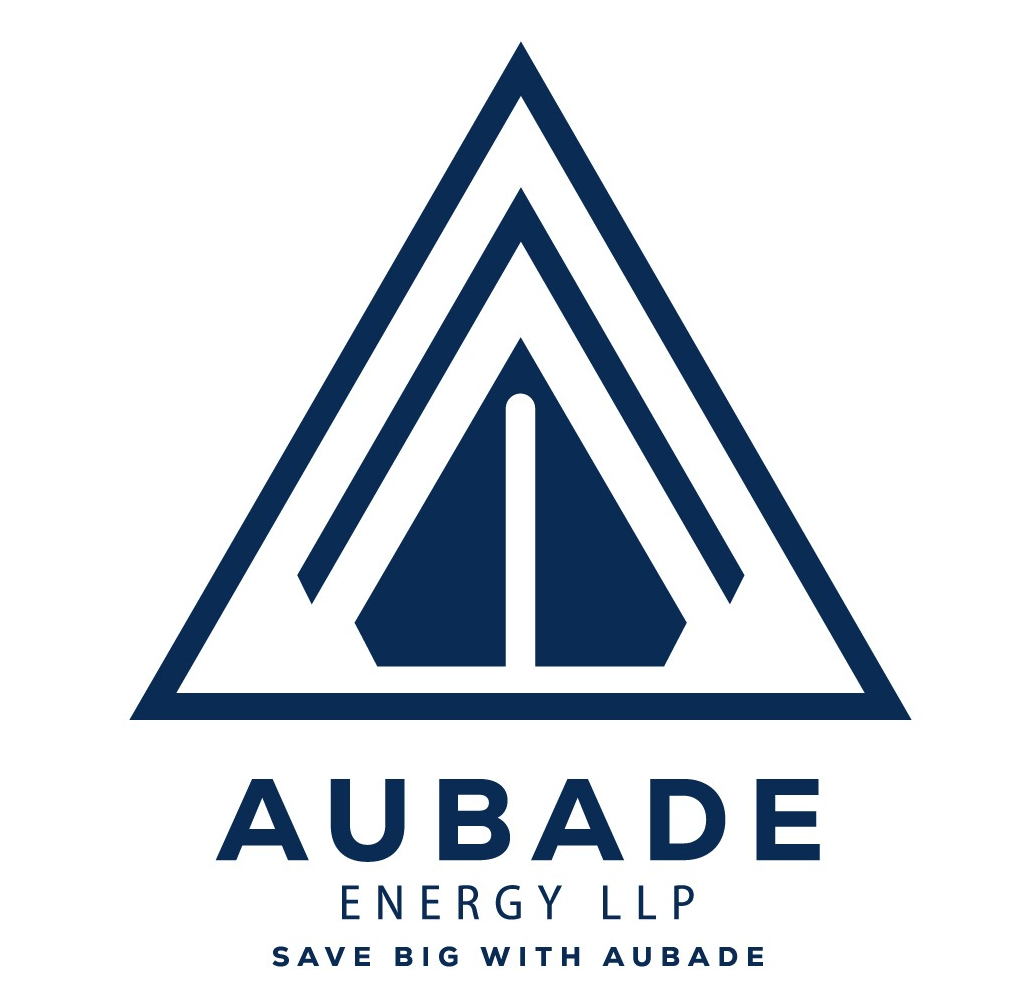Solar energy works by converting sunlight into electricity using photovoltaic (PV) panels. These panels absorb sunlight, which creates an electric current through a process known as the photovoltaic effect. This electricity can then be used to power your home or business, reducing your dependence on the grid.
A grid-tied solar system is connected to the local utility grid, allowing you to use solar power when available and draw from the grid when it’s not. Off-grid systems, on the other hand, operate independently of the grid and typically require battery storage to provide power when sunlight is unavailable, such as at night or during cloudy days.
The amount you can save depends on several factors, including your location, the size of your solar system, and current electricity rates. On average, homeowners can save between 50-90% on their electricity bills over the lifetime of their solar system. Some may even eliminate their electricity costs altogether.
Most solar panels have a lifespan of 25 to 30 years. However, they will continue to produce electricity beyond that, though at a reduced efficiency. Quality panels often come with performance warranties, guaranteeing a certain level of output for up to 25 years.
Most homes are suitable for solar panels, but the ideal home has a roof that gets ample sunlight and is free from shade. Our team can assess your home to determine whether it’s a good candidate for solar and recommend the best installation options.
Solar panels require very little maintenance. Occasional cleaning to remove dirt, debris, or snow can help maintain their efficiency. Most solar systems come with monitoring options to ensure everything is functioning properly, and any issues can be addressed through regular inspections or maintenance services.
At Aubade Energy, we offer a variety of financing options, including solar loans, leases, and power purchase agreements (PPAs). These options make it easier to go solar with little to no upfront costs, while still enjoying energy savings over time.
Net metering allows you to send excess electricity generated by your solar panels back to the grid. In exchange, you receive credits on your utility bill. When your solar system isn’t producing enough energy, such as at night, you can use those credits to offset the cost of electricity drawn from the grid.
The installation process typically takes 1 to 3 days, depending on the size and complexity of the system. However, the entire process, from signing the contract to getting your system up and running, can take several weeks due to permitting, inspections, and utility approvals.
Yes, Indian governments offer subsidies to encourage the installation of solar panels, making solar energy more affordable for homeowners and businesses. These subsidies can come in the form of direct cash grants, tax credits, or rebates that significantly reduce the upfront costs of solar installation. For example, several countries provide federal or state-level programs that allow you to deduct a portion of the installation cost from your taxes or receive payments for the clean energy you generate.

Note: There is no subsidy for industrial sector.
At Aubade Energy, we help clients identify and take advantage of these incentives to maximize savings on their solar investments.

About Company
We are leading solar company dedicated to revolutionizing the way we generate and consume energy.
What We Do
Office Address
B-217, GULMOHAR COMPLEX, INDORE (MP), 452018
